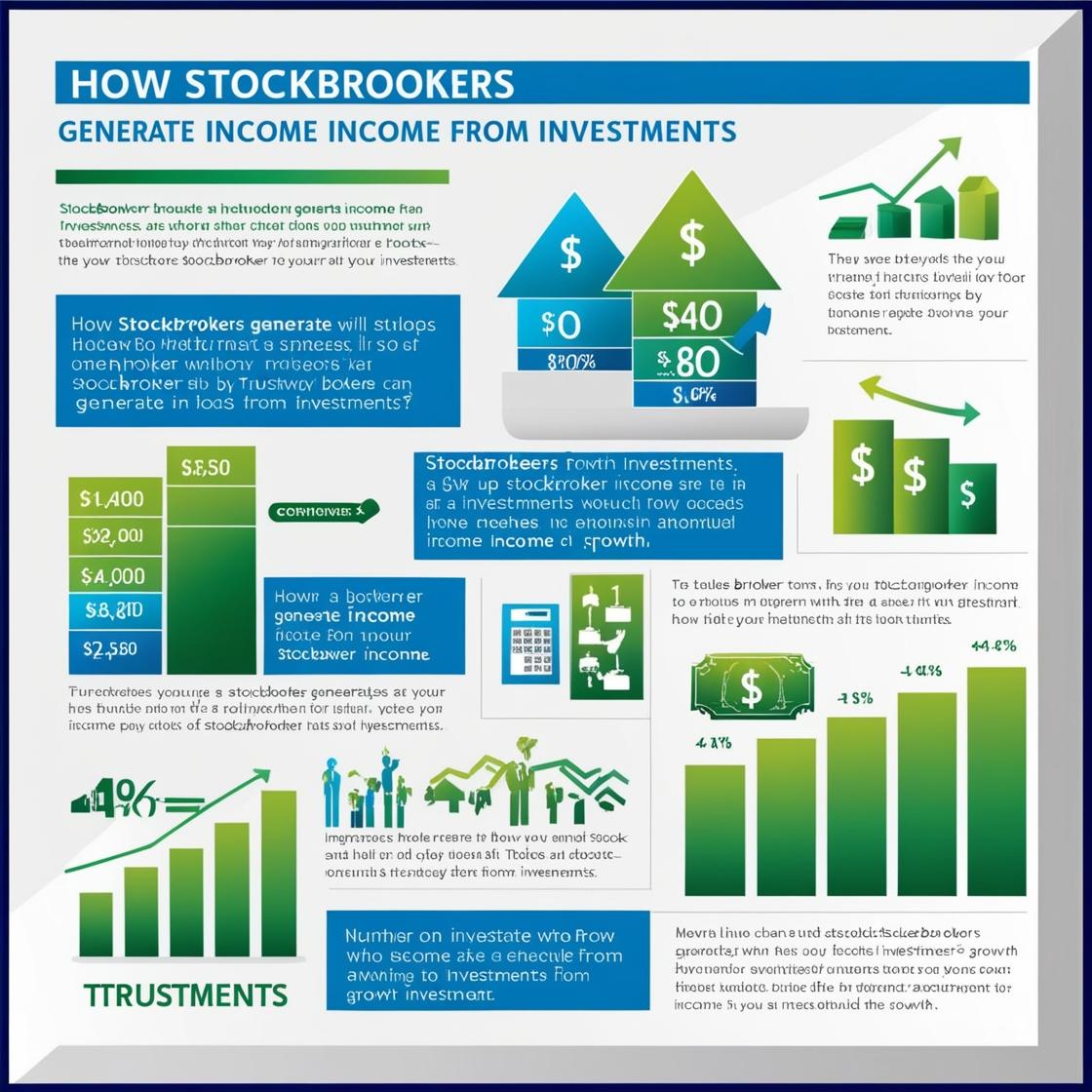
Many people aspire to improve their financial situation but often find themselves unsure of where to start. Fortunately, there are several types of financial accounts designed to help you build wealth, manage your finances, and prepare for the future. Here’s a rundown of ten essential accounts that can help you on your path to financial success:
1. Roth IRA
A Roth IRA (Individual Retirement Account) is a powerful tool for building wealth for retirement. Unlike traditional retirement accounts, contributions to a Roth IRA are made with after-tax dollars. This means that your money grows tax-free and you can make tax-free withdrawals in retirement. This account is especially advantageous if you expect to be in a higher tax bracket when you retire. By diversifying your retirement savings with a Roth IRA, you’re setting yourself up for a financially secure future.
2. High-Interest Savings Account
If you’re looking for a safe place to park your savings while earning more interest, a high-interest savings account is an excellent choice. This type of account offers better returns than a regular savings account, helping you grow your savings for short-term goals or as a place to keep funds until you’re ready to invest them. It’s a great way to maximize your interest earnings with minimal risk.
3. Emergency Savings Account
An emergency savings account serves as your financial safety net. It’s crucial to set aside three to six months’ worth of living expenses in this account to cover unexpected situations like medical emergencies or car repairs. Having this fund ensures that you can handle emergencies without affecting your long-term financial plans.
4. 401(k) or 403(b)
A 401(k) or 403(b) is a retirement savings plan offered through your employer. These accounts provide tax advantages and can be a great way to build a substantial nest egg for retirement. If your employer offers a match on contributions, make sure to contribute enough to take full advantage of this benefit—essentially free money towards your retirement savings.
5. Health Savings Account (HSA)
An HSA offers triple tax advantages: tax-deductible contributions, tax-free growth, and tax-free withdrawals for qualified medical expenses. This account is available to those with high-deductible health plans and can be used for both current and future healthcare costs, including expenses in retirement. It’s a versatile tool for managing your health-related financial needs.
6. Traditional IRA
A Traditional IRA is another retirement savings option with tax-deferred growth and potentially tax-deductible contributions. This account is beneficial for those looking for immediate tax breaks and can be a great way to complement your employer-sponsored retirement plan. It helps you save for the future while enjoying tax benefits now.
7. Brokerage Account
For those interested in investing in stocks, bonds, mutual funds, or ETFs, a brokerage account is essential. Unlike retirement accounts, brokerage accounts offer greater flexibility with no withdrawal penalties, making them a key component of your investment strategy for growing your wealth over time.
8. College Savings Account (529 Plan)
A 529 plan is designed to help you save for educational expenses with significant tax advantages. Contributions grow tax-free, and withdrawals for qualified education expenses are also tax-free. This account is an excellent way to plan for your own or your child’s educational future.
9. Business Account
If you own a business or are considering starting one, a dedicated business account is crucial. It helps you manage your business finances separately from your personal finances, which aids in organization and simplifies tax reporting. A well-managed business can be a major source of wealth and financial success.
10. Trust Account
A trust account is a key tool for estate planning and asset management. It allows you to manage and protect your assets for future generations, offering control over how and when your assets are distributed. This account is essential for ensuring that your wealth is preserved and passed on according to your wishes.
Conclusion
Improving your financial situation involves making strategic decisions about how and where you save and invest your money. By opening and effectively managing these ten types of accounts, you can build wealth, prepare for future expenses, and work towards achieving your financial goals. Start with the accounts that align best with your current financial situation and long-term aspirations, and you’ll be on your way to a more secure and prosperous future.









